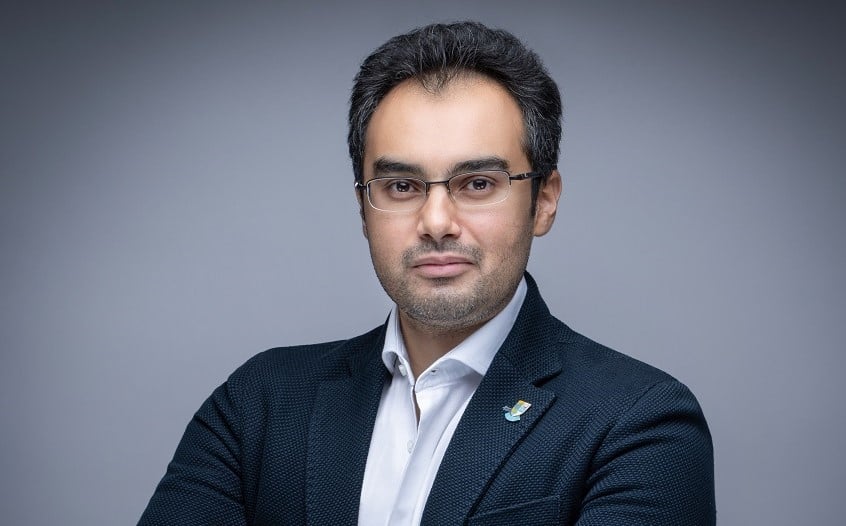The significance of sustainability in infrastructure has considerably grown in the last few years. As the world’s population is projected to reach almost 10 billion by 2050, and with the challenges imposed due to climate change, it is essential to discover more sustainable means of fulfilling the expanding need for infrastructure, including buildings, transportation, water supply, and energy, among others.
Investing strategically in sustainable infrastructure can limit the ecological impact, decrease carbon emissions, improve resilience, foster social equity, and sustainably contribute to growth and development. This directly leads to creating future job opportunities and elevates economic activity, especially in industries like construction, manufacturing, and services.
Sustainable construction has gained increasing prominence in the Middle East as the region endeavors to achieve a balance between economic growth and environmental responsibility. Several countries in the Middle East have acknowledged the importance of sustainable construction methodologies and are implementing green building principles in their infrastructure projects.
Read: The construction impact of the Russia-Ukraine war
These initiatives vary from the use of environmentally friendly materials to the integration of energy-efficient systems and the adoption of renewable energy sources. The Middle East also boasts numerous noteworthy sustainable construction projects, including the world’s most sustainable communities, the Masdar City development located in Abu Dhabi.
As the region continues to expand and progress, the implementation of sustainable construction practices will be crucial in ensuring economic advancement is attained while safeguarding the environment and conserving resources for future generations.
The triple helix approach: a collaborative model that involves the interaction of three key, entities government, industry, and academia, can be highly beneficial in promoting sustainable development in the Middle East.

The significance of the triple helix approach lies in the fact that it can bring together key stakeholders with diverse expertise, resources, and perspectives to address sustainability challenges. The government offers a regulatory framework and monetary incentives, the industry players integrate sustainable practices into operations, including the use of eco-friendly materials, waste reduction, and renewable energy sources and academia conducts research and development to enhance sustainable practices and technologies.
Together, these stakeholders work together to create a robust ecosystem for sustainability in construction that meets the needs of the present without compromising the ability of future generations to meet their own needs.
The UAE has adopted the triple helix approach to promoting sustainable development in various sectors, including the construction industry. The government, industry, and academic sectors are aligned to foster innovation, economic growth, and environmental sustainability. Academia plays a crucial role in this approach by providing the research, and knowledge development necessary to improve sustainable practices and technologies.
For instance, the Masdar Institute of Science and Technology in Abu Dhabi conducts research on sustainable technologies, including renewable energy, water conservation, and waste management. It collaborates with industry partners to implement these technologies in real-world projects, such as the Masdar City development.
Another example is the Centre of Excellence in Smart Construction at Heriot-Watt University in Dubai, which focuses on advancing industry-led innovations in construction that can revolutionize the way smart cities are developed and managed.
Academia in the UAE has been able to expedite the transfer of knowledge and technology to support economic growth and innovation through research and development activities. They provide knowledge and education to the changemakers and facilitate meaningful action. By working closely with industry and government, academia can help create a dynamic and thriving innovation ecosystem that benefits all stakeholders. Their role becomes more relevant since the UAE will be hosting COP28 this year where academia will remain a key pillar for the global climate agenda.
For more on real estate and construction, click here.








